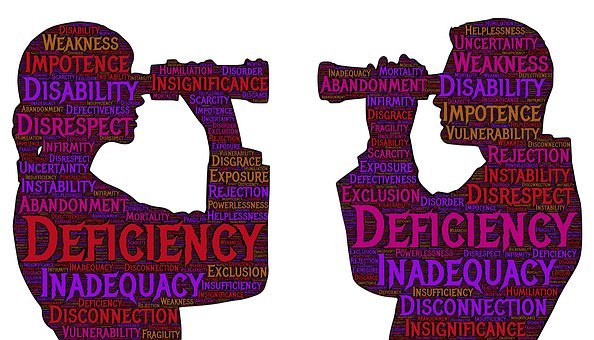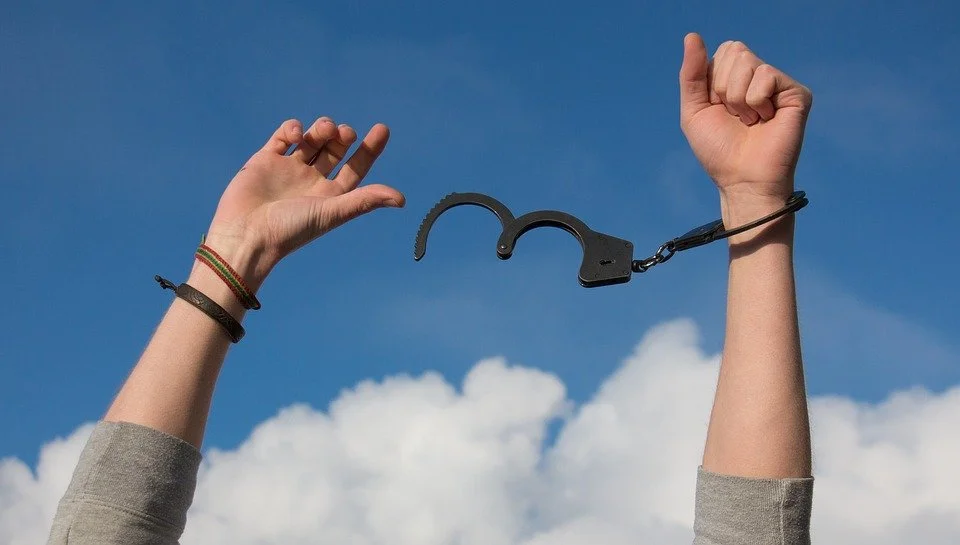
Blog
Let’s open with two carved-in-stone facts. Everyone experiences grief. Everyone experiences grief in their own unique way.
Anxiety has a bad reputation. At its core, however, it is an essential part of every human’s life. Anxiety can protect and guide us. It alerts us to real or perceived danger and risk.
Depression is more than the blues. Every single one of us feels down at times. It’s inevitable and quite normal. In some cases, it helps you process negative situations while also appreciating upbeat moments more.
Children — especially teens — can be as moody as anyone in the world. Depression, however, is more than those ups and downs. It can temporarily strip your life of meaning and joy.
One of the most mind-boggling ideas out there is that other people value you based on how often you are right. Being right makes people feel confident, and at ease in their relationships, while being wrong causes people to feel unsure and anxious.
Self-Compassion has long been misunderstood as an innate quality gifted only to the patient and penitent. Hearing this word inspires images of Mother Teresa caring for impoverished orphans or Bishop Desmond Tutu offering forgiveness to human rights violators
We love control, and absolutely loathe feeling helpless. So, when people in this world start doing things that cause us distress, we police them. We judge their behaviors, making sure to underline what they are doing wrong.
Like most kids, I hated medicine growing up, and my mother would always remind me of Mary Poppin’s famous phrase, “Just a spoonful of sugar makes the medicine go down.”
In modern dating, choosing romantic partners has become a lot like dancing. People look for someone with alluring features and pleasing moves, until they move in ways that cause them discomfort.
A while back, I had a conversation with a childhood friend about the perils of business, and wanting to serve the interests of others, while protecting my own. “I don’t have those problems,” she boasted. “I simply run over the people, who get in my way.”
I used to run with great effort, foisting myself forward with each step, and when my gait slowed, I would sprint to quicken my pace. I was rewarded for these efforts with shin splints, Achilles strains, and plantar fasciitis.
No more stress, only compassion is a mantra one of my patients adopted because he was tired of feeling stressed about everything. It was a great epiphany. How many of us stress about something potentially important only to find ourselves, moments later, stressing about unimportant stuff?
What happens next? is the one thought we cannot live without. Our minds are constantly abuzz with this question, and savvy people all over the world cash in by writing and reporting half-finished stories.
We spend most of our days apologizing for where we are in life. I should have a promotion soon. I should get a raise, a bigger house, a girlfriend, a boyfriend, more degrees, a golden, diamond emblazoned unicorn that somersaults over rainbows.
We need self-compassion for those long days. The trouble with long days is not having to deal with one long day. Most of us can grit our teeth, and bear down, as we push through a day with little sleep, and lots of obligations.
We need self-compassion for our need to feel cool. It sounds like a pretty superficial thing, but if there was really nothing to it, then nobody would worry about it. Right? So, why do we need to feel cool?
We need self-compassion for the insecure people in our lives. For years, patients have come in to see my freaked out by unforeseen flaws and shortcomings.
We all need self-compassion for the time suck. A time suck is any thing, person, or activity that takes you away from the most meaningful activities in your life for a lengthy period of time.
Managing Fake friends is one of those self-compassion topics that people ask me to address often. Initially, I was a little hesitant because dwelling on unhealthy relationships is probably its own issue.
Recently, I learned about a phenomenon called social media rejection, and how much people need self-compassion for it.
We all need self-compassion for networking. I once worked with a patient, who said that networking was like making small deals with the devil to advance your future.
We need self-compassion for the early morning, especially when we are not morning people.
We need self-compassion for the heat. It blurs our makeup. It makes a mess of our hair. It makes our clothes cling in ways we wish it would not.
Self-Compassion For Our Wish To Be All Things At All Times For Our Family And Friends sounds like a lengthy title, but somehow people know what I am talking about immediately.
We need self-compassion for our desire to leave a legacy. Since the dawn of mankind, people have tried to leave reminders of their presence in statues, buildings, monuments, and even crudely carved initials or drawings.
In this entry, we are going to look at a specific flavor of self-compassion that I call dog compassion. If you know me, then you know I am a lover of all animals, especially dogs.
I have a secret self-compassion exercise that I use, when times are tough and I am struggling with irreconcilable issues. It has helped me tremendously. I call it 24 hours to live.
We need self-compassion for our concerns about karma. For such a small word, karma carries a lot of power for most people, and not good power. People fear bad karma.
We need self-compassion for our rainy day blues. Raindrops in the morning make us want to pull the sheets the rest of the way over our heads, and hide out in a pillow fort, like the ones we made as children
Self-Compassion is an interesting tool for pursuing happiness. It does not demand that you maintain the emotion connected with happiness, nor the stereotype of what that might look like (i.e., gleefully skipping through life with a pocket full of candy, and a smile plastered across your face).






























